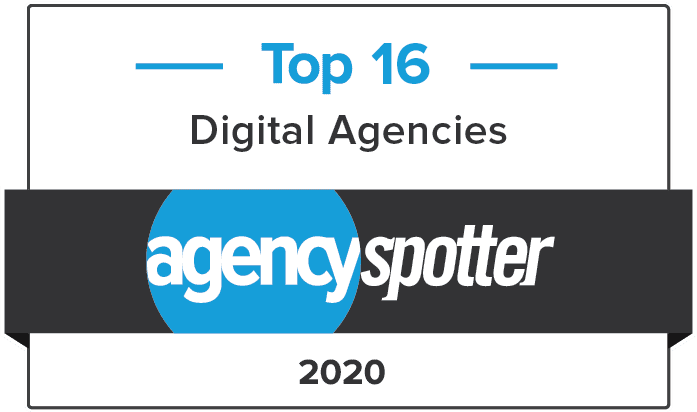
Why the Best Companies Practice Self-Reflection
By Jill LaBarre and Stephen Smith
“How was your day?” This question is asked millions of times across the world every day. Why? Because we all share a thirst for collecting new information. As humans, we are constantly exploring and learning, most often from people and sources we trust.
While asking this question demonstrates a curiosity, it also demonstrates care. If someone asks about your day or how work was, it generally means that they are interested in you and your perspective. Questions like this can often offer guidance and support when you need it the most.
For many of the same reasons, companies have worked to create similar conversations with their employees in the workplace. When done right, employee listening strategies have been linked to better morale, higher productivity and increased revenue.
At Strategic America, we’ve long known the value of corporate self-reflection. Recently, we teamed with Work & People Analytics (WPA) to take a deeper dive to better understand how our employees viewed their work experience—not only from a professional point of view, but a personal one.
How does the right feedback benefit companies? It starts with helping the individual employee in a variety of ways:
- Learning comes from frequent practice and immediate feedback. If we fall, we quickly learn how to avoid it the next time. Similarly, feedback helps us to learn and grow.
- Talking through issues can help us clarify our thoughts, assess interactions and gain perspective on the everyday challenges we face.
- We want to be included in the decisions that affect us. Even if it doesn’t go our way, we appreciate that the time was taken to listen and consider our perspectives.
- The right feedback can help shape culture, align the employee value proposition, define information paths and cut wasted resources.
Bill Gates has said that feedback is what helps us improve ourselves. He was right. Feedback helps us to do better and gets us closer to reaching our potential and purpose. A sense of purpose makes us happier and healthier; it influences our perspective on life’s challenges.
Purpose has been shown to influence us on an individual and collective level. For many people, purpose is seen as the reason why someone or something exists.
Similarly, organizations that create a strong sense of purpose for employees show year-over-year advantages in productivity and revenue.
Through working with WPA on an internal culture survey, SA discovered that across five of our seven [departments, 100 percent of employees surveyed felt a sense of purpose in their work. Our people are passionate about what they do, and it shows in our work.
We think this is amazing. Why? It’s a compelling stat that shows SA’s employees don’t think of their job as a job, but rather, a vocation. While it’s a nice sentiment for us to hang our hat on culturally, more powerfully, we recognize the results this produces for our clients.
What’s even better about this outcome is that it’s driven from within. Research shows the best companies have a purpose, and hire people whose individual purposes align with theirs. In our case, to creatively connect people to elevate brands and lives.
As companies continue to find ways to attract and maintain employees from a younger workforce, having a compelling “why” behind your company’s purpose can prove appealing for those employees who want a sense of purpose in what they do.
Taking the time to self-reflect on the internal culture at a company does more than just identify strengths and areas for improvement in company culture. It helps C-Suite management get a picture of their company that provides a reality check that may or may not reflect the company’s mission or vision.
Companies of all sizes can benefit from this kind of inward-facing evaluation. SA’s size benefited from bringing in the expertise that an outside group like WPA provided. Smaller companies can create their own approach to these questions. But bear in mind that an outside partner or adviser can help avoid any politics or existing context that might influence what a company asks their employees or how they interpret the results.
The simple act of corporate self-reflection begins with asking the basic questions. Listening to those responses, and adapting, is what helps companies succeed.
Jill LaBarre is Strategic America’s Director of Human Resources. Stephen Smith is Head of People Strategy for Work & People Analytics.



